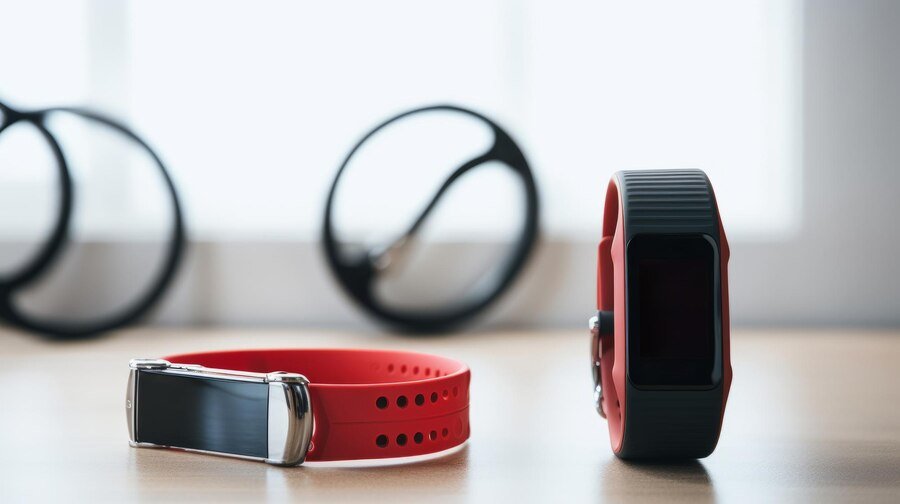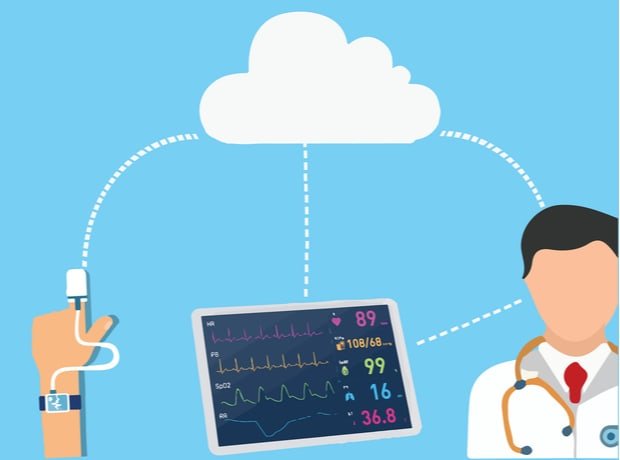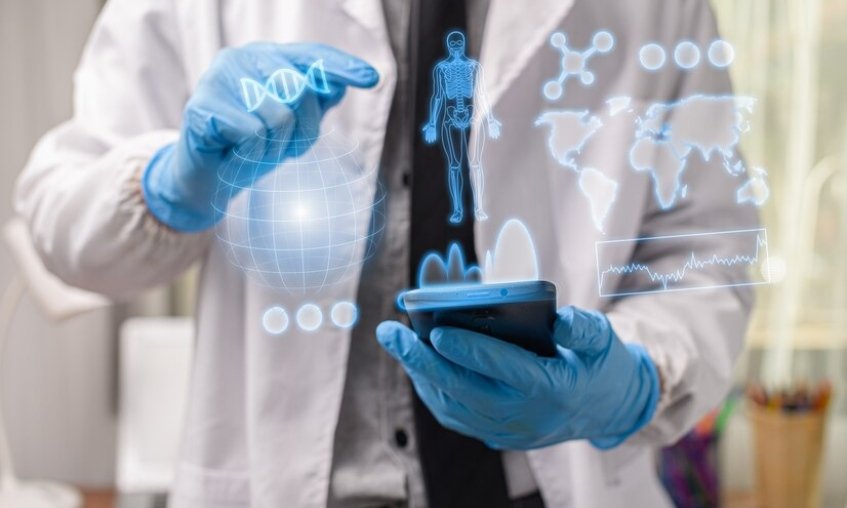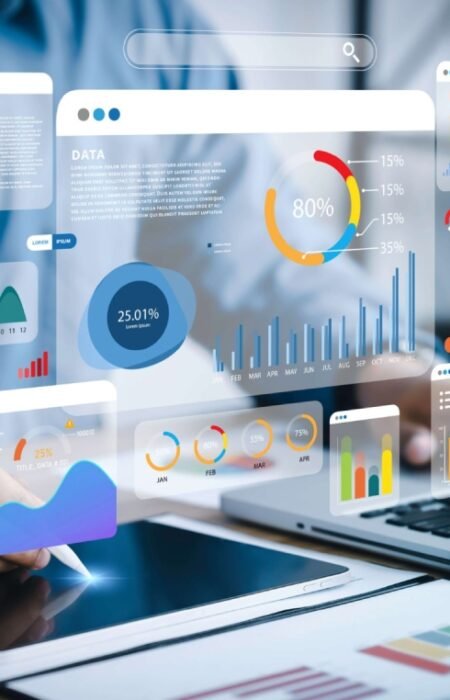The world of health and wellness is undergoing a profound transformation, driven by the rapid advancements in personalized health technology. With the rise of AI, wearable devices, genetic testing, and real-time health monitoring, the way we approach healthcare is shifting from one-size-fits-all solutions to more individualized, proactive, and data-driven strategies. In 2025 and beyond, personalized health tech promises to revolutionize how we manage our well-being, prevent disease, and even extend our lives.
1. AI and Machine Learning: Tailoring Health Plans to You

Artificial Intelligence (AI) is already playing a pivotal role in personalized healthcare, and in the near future, it will become an even more integral part of individual wellness plans. AI-powered platforms will analyze vast amounts of health data, including genetic information, lifestyle habits, and environmental factors, to create customized health recommendations for users.
AI can predict potential health risks, suggest preventive measures, and even monitor how your body responds to different foods, exercises, or medications. This personalized approach goes beyond traditional health assessments, offering insights into your specific needs for improving and maintaining long-term wellness.
How AI Will Impact Personalized Health Tech:
- Predictive Health: AI will analyze data trends to predict potential illnesses before symptoms even appear. For example, AI can help detect early signs of heart disease, diabetes, or cancer through continuous monitoring of vital signs.
- Personalized Nutrition: AI will be able to recommend diet plans based on your unique genetic makeup, activity level, and health goals. This could lead to more effective weight management, optimized energy levels, and overall better nutrition.
- Mental Health: AI-driven wellness apps could provide personalized mindfulness and stress management techniques, offering real-time support based on emotional and physical cues.
2. Wearable Devices: Constant Monitoring for Better Health

Wearable technology, from fitness trackers to smartwatches, has become ubiquitous, but as we move into 2025, these devices will evolve far beyond step counts and heart rate monitoring. Advanced wearables will offer real-time insights into your health metrics, ranging from sleep patterns and stress levels to blood oxygen levels, glucose monitoring, and even early detection of chronic conditions.
These devices, powered by AI and machine learning, will not only track your wellness but will also provide actionable insights and feedback, giving you a more hands-on approach to managing your health. As a result, people will increasingly rely on wearables to guide their fitness routines, monitor vital signs, and even make informed decisions about lifestyle changes.
Key Features of Future Wearables:
- Health Alerts: Wearables will send real-time alerts to your phone or doctor if they detect abnormal patterns, such as elevated blood pressure or a spike in blood sugar, providing early warnings before problems escalate.
- Chronic Condition Management: For people with chronic conditions like diabetes or heart disease, wearables will monitor biomarkers and provide constant feedback, ensuring that users stick to their prescribed care regimens.
- Seamless Integration: Wearables will seamlessly integrate with other health tech platforms, like telemedicine or genetic data, creating a holistic view of your health for both you and your healthcare provider.
3. Genetic Testing: Unlocking the Secrets of Your DNA
As genetic testing becomes more accessible and affordable, the ability to personalize health plans based on your DNA will transform how we approach disease prevention, fitness, and nutrition. By 2025, companies offering genetic testing will provide highly detailed reports on your genetic predispositions, helping you better understand your risks for specific conditions and diseases.
Personalized health recommendations based on your genetic profile could include tailored exercise programs, diet plans, and even the right medications that will work best with your unique genetic makeup. This could significantly improve treatment efficacy, reduce adverse drug reactions, and ensure a more targeted approach to wellness.
Key Benefits of Genetic Testing in Wellness:
- Disease Prevention: Genetic testing can identify your susceptibility to certain conditions, allowing you to take preventive measures early, such as dietary changes or lifestyle adjustments.
- Tailored Fitness Plans: Understanding how your body responds to exercise based on your genetic makeup can help you optimize your workout routine, whether you’re focusing on endurance, strength, or flexibility.
- Nutritional Guidance: Your DNA can reveal how your body processes various nutrients, helping you craft a nutrition plan that supports your unique biological needs, from vitamins and minerals to fat and carbohydrate metabolism.
4. Telemedicine and Remote Health Monitoring: Virtual Care at Your Fingertips

Telemedicine has seen rapid growth in recent years, and this trend will only continue to expand in 2025. Personalized health tech will further integrate remote health monitoring and virtual consultations with healthcare providers. Through telemedicine platforms, patients will have continuous access to healthcare professionals who can review health data in real-time and offer personalized advice.
This virtual care ecosystem will be powered by wearable devices, home diagnostics, and cloud-based health platforms, allowing for more proactive, remote health management. Personalized health tracking will ensure that doctors have real-time access to your data, enabling them to offer precise, customized care plans without the need for frequent in-person visits.
How Telemedicine Will Improve Personalized Health:
- Chronic Disease Management: Patients with chronic conditions will benefit from continuous monitoring and virtual check-ups, leading to faster adjustments in treatment plans and improved outcomes.
- Convenience and Accessibility: Virtual care will provide people in remote or underserved areas with access to specialized healthcare, breaking down barriers in healthcare delivery.
- Data-Driven Consultations: Healthcare providers will have access to continuous streams of health data, allowing for more accurate diagnoses and the ability to tailor treatments specifically to an individual’s needs.
5. Mental Health Tech: Personalized Support for Emotional Well-Being
Mental health is increasingly recognized as a critical component of overall wellness, and personalized health tech will play an essential role in providing support. Mental health apps powered by AI will use real-time data to recommend personalized mental wellness exercises, from cognitive behavioral therapy (CBT) to mindfulness and meditation practices.
Additionally, wearables will track physiological indicators of stress, anxiety, or mood shifts, alerting users when they need to engage in mental wellness activities. Virtual mental health counselors and support groups will also become more personalized, offering tailored therapy sessions based on individual needs.
Key Features of Personalized Mental Health Tech:
- AI-Powered Therapy: AI algorithms will offer personalized, interactive therapeutic experiences, helping users work through emotional or psychological challenges on their own time.
- Real-Time Mood Monitoring: Wearables will track changes in mood by monitoring physiological cues, offering insights into mental health and suggesting exercises to alleviate stress or anxiety.
- Personalized Meditation: Meditation apps will become more tailored to your needs, adjusting techniques based on factors like your stress level, emotional state, and even the time of day.
6. The Future of Personalized Health Tech: Integration and Interoperability
In the coming years, the true power of personalized health tech will lie in the integration of various health devices and platforms. With more people relying on multiple tools, from wearables and genetic testing to telemedicine and AI, the ability to consolidate and sync data across platforms will be crucial. In 2025, health tech companies will prioritize interoperability to ensure that all your health data can work together seamlessly.
This interconnected approach will provide a 360-degree view of your health, allowing you, your doctors, and other health professionals to make more informed, personalized decisions. Whether it’s managing chronic conditions, preventing diseases, or optimizing performance, integrated health tech will provide a comprehensive toolkit for personalized wellness.
Conclusion: A New Era in Health and Wellness
As we look ahead to 2025, personalized health technology promises to revolutionize the way we manage and understand our health. With advancements in AI, wearable devices, genetic testing, and remote health monitoring, the future of wellness is more individualized than ever. These technologies will empower individuals to take control of their health by providing insights, guidance, and proactive care tailored to their unique needs.
Personalized health tech isn’t just about treating illness—it’s about optimizing well-being, preventing diseases before they occur, and creating a healthier, more informed future. With these technologies at our fingertips, we are on the verge of a wellness revolution that will redefine how we approach health for years to come.








No Comment! Be the first one.